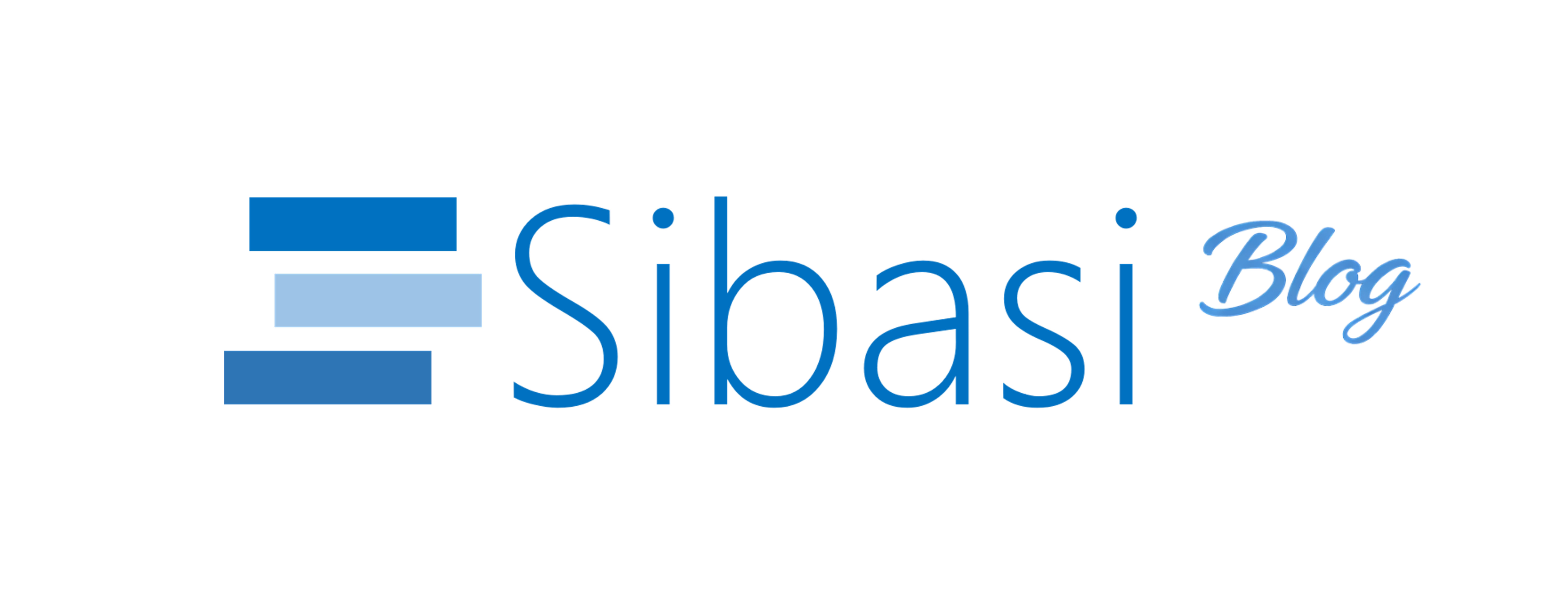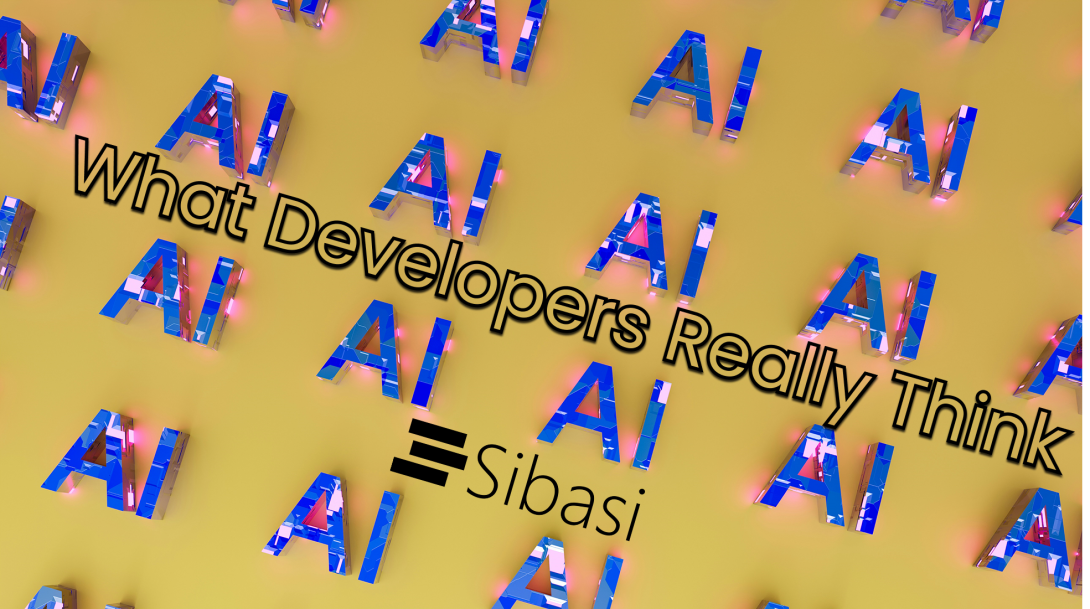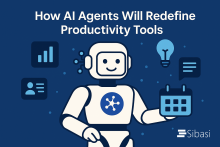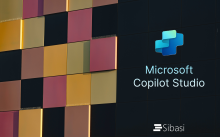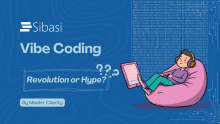Remember those sci-fi movies where robots do all our work while humans kick back with margaritas on the beach? Well, we are not quite there yet, BUT something fascinating is happening in the world of software development. AI tools like GitHub Copilot, ChatGPT, and others have quietly slipped into developers' workstations, and they are making waves.
I recently had the opportunity to interview tech professionals at Sibasi about their experiences with AI in their daily work. What I discovered wasn’t just interesting; it offered a revealing glimpse into the future direction of AI in the tech industry.
The Numbers Don't Lie
Let's cut to the chase: 83% of the developers surveyed rated the impact of AI on their daily work processes at a perfect 5 out of 5. The remaining 17% rated it at 4 out of 5. That's not just adoption—that's revolution.
But what's even more striking? 100% of respondents believe AI is transforming software engineering jobs rather than replacing them or primarily creating new roles. This unanimity suggests developers are experiencing a profound shift in how they work, not an existential threat to their careers.
What Are They Actually Using AI For?
All devs interviewed confirmed they use AI in their workflow. But what for? The applications were diverse but telling:
- "Coming up with logic that would be time consuming to create"
- "Design"
- "Troubleshooting"
- "Code refactoring"
There's a pattern here: AI is handling the tedious parts of development; the parts that drain creative energy and slow down innovation. As one developer put it, AI should "reduce mundane or repetitive tasks that I do not want to do."
The Skills Paradox
Here's where things get really interesting. 90% of developers believe AI will make technical skills MORE valuable in the coming years. Their reasoning varied:
- "Making devs better, deliverability, precision, technical ability"
- "AI needs human experts for contextualization"
- "Human intervention is required to guide development and decision making"
- "AI allows exploration of use cases for software that were not there before. It creates and broadens ideas"
Only a few developers believed technical skills would become less valuable, arguing that "anybody with the know-how can navigate on their own" with AI's help.
The Blind Spot
There's something curious about these responses, though. While developers recognize AI's transformative power, there seems to be a collective blind spot about the economic implications of this transformation.
If AI makes developers significantly more productive (which everyone agrees it does), and if it lowers the barrier to entry for coding tasks (which several responses suggest), then won't this inevitably impact the job market? If one developer with AI can do the work of three developers without it, what happens to those other two positions?
None of the developers raised concerns about market saturation or job scarcity—perhaps because they're experiencing the benefits of these tools firsthand in their current roles, rather than competing in a potentially transformed job market.
The Future They Want
When asked how they'd like to see AI evolve, developers had varied but thoughtful responses:
- "AI should become a better companion in automation and execution of code by improving on how it acquires context and learns about a developer’s way of doing things"
- "Although it’s quite good at automating repetitive task, it is still not there. One still has to manually create the automations so that the AI can use them"
- "Improving training to reduce bias in code"
Interestingly, two developers indicated that "current AI implementations are sufficient" suggesting they are already quite satisfied with what today's AI can do.
What This All Means
The picture that emerges is of a profession embracing AI as a powerful ally rather than fearing it as a replacement. Developers see these tools enhancing their capabilities, streamlining their workflows, and elevating the quality of their work.
Yet there's an unacknowledged tension here: if AI makes development work easier and more accessible, the laws of supply and demand suggest challenges ahead for the profession.
Perhaps the developers' confidence stems from their understanding that truly excellent software engineering requires more than just code generation; it demands creativity, architectural vision, and deep problem-solving skills that AI has yet to master.
Or maybe we're witnessing the early stages of a transition, where developers who embrace AI tools gain superhuman productivity while those who don't risk obsolescence.
Whatever the future holds, one thing is clear: AI is no longer just a buzzword in software engineering, it is a daily companion that's fundamentally changing how code gets written. And for now at least, developers seem pretty happy about their new digital colleagues.
